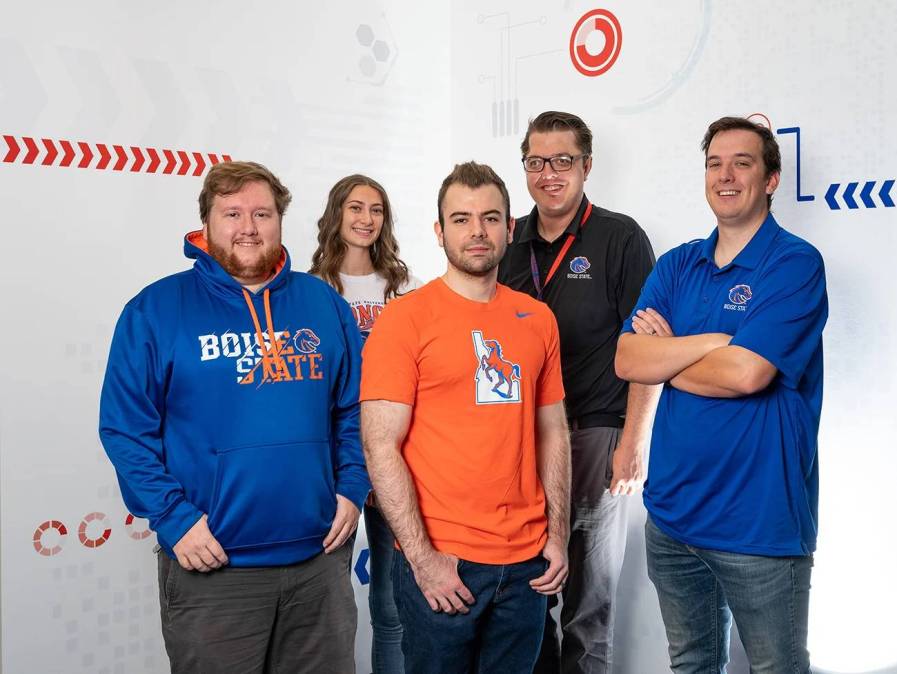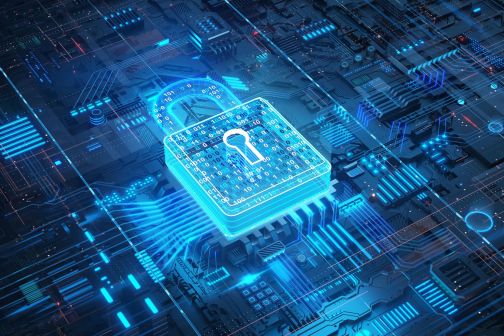Boise State ‘Cyberdome’ program trains students in responding to cyberattacks

A cybersecurity program at Boise State University in Idaho is working to alleviate tech workforce challenges by training the next generation of cyber professionals, and now it’s extending services to rural schools and governments.
The program, also known as Cyberdome, began one year ago at Boise State’s Institute for Pervasive Cybersecurity. It’s a partnership with Steller Cyber’s Open XDR platform, an AI-powered threat detection software. Students participating in the program gain real-world experience by helping assess cyberattacks against their clients, which include rural K-12 school districts, local governments and other organizations that have limited budgets to hire cybersecurity professionals.
“We’ve had a phenomenal year,” Edward Vasko, director of Boise State’s Institute for Pervasive Cybersecurity, said in a press release. “We’ve partnered with other colleges in our state, and there are now dozens of Idaho students certified on using the Stellar Cyber platform.”
Between January and July of this year, Cyberdome students monitored more than 5,000 assets, analyzed more than 53,000 possible attacks and notified clients of 350 potential real-time attacks, according to the release.
Students work for the Cyberdome as interns, an opportunity made possible by grants from the Idaho Global Entrepreneurship Mission’s Higher Education Research Council and Idaho’s Workforce Development Council.
Outside of providing students relevant training for careers in cybersecurity, the Cyberdome also provides its clients peace of mind, said Marty Gang, the chief technology officer of Lewis-Clark State College, a client of the Cyberdome.
“The Cyberdome has provided resources and information we have not been able to afford ourselves being a small college,” Gang said in the release. “We have not been able to access a lot of expensive equipment and software, and the Cyberdome has provided access to a large number of good resources. Being provided insight into activities on our network that we didn’t have visibility into before has been very useful.”




